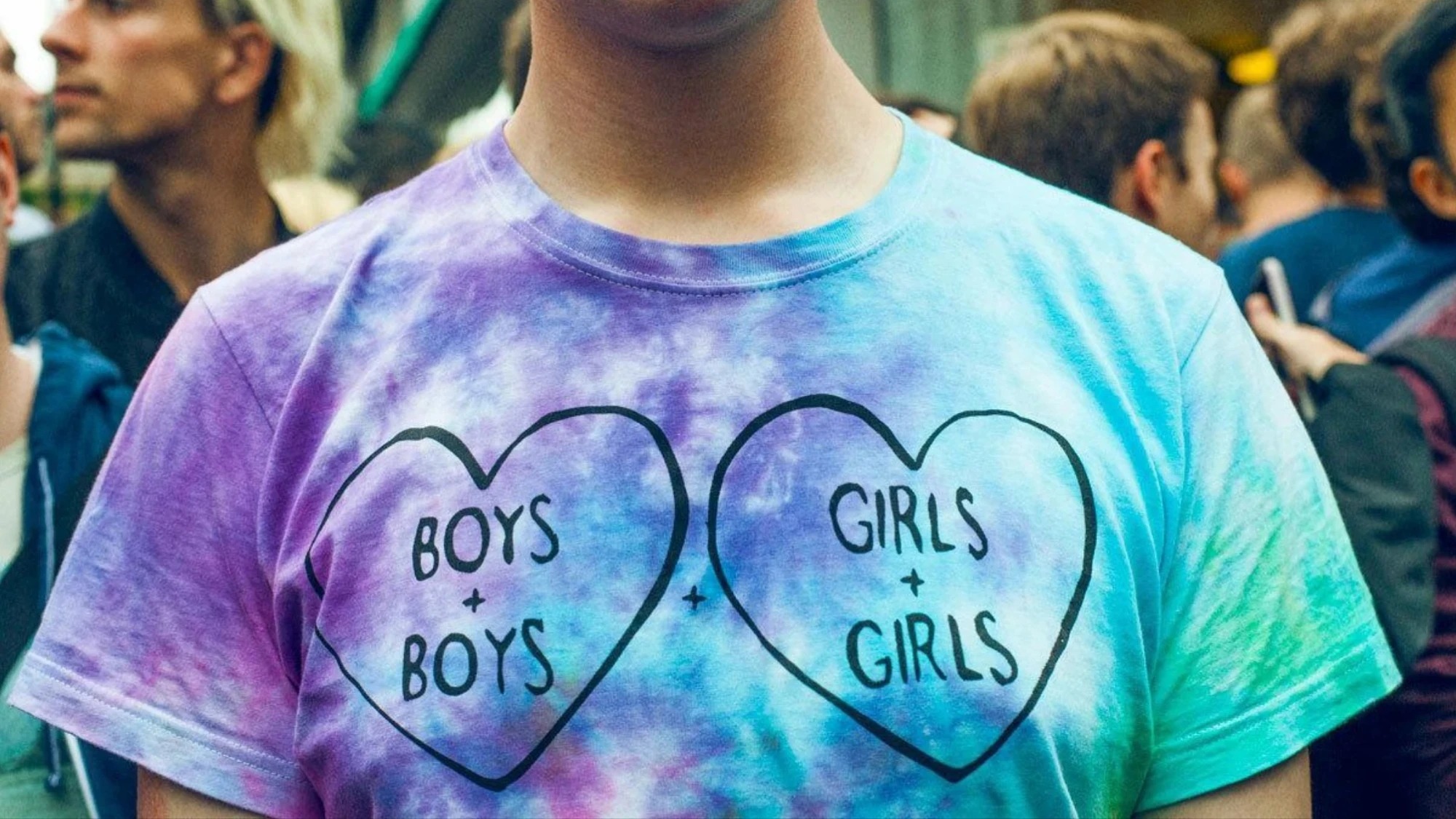It’s fair to say that lockdown measures, extended periods of staying at home and massively limited social interactions are proving difficult for everyone’s health and wellbeing. Stories about people mastering a second language or finishing writing a book proposal that’s been lying around are outnumbered by accounts of furloughed or laid-off workers just trying to get to the other side of the pandemic — few are exactly thriving as the impact of coronavirus continues.
Yet as recent reports have clearly demonstrated, marginalised communities across the country are disproportionately impacted by the pandemic. Members of the LGBTQ+ community especially are at risk of suffering from mental health problems stemming from coronavirus. According to a study by Stonewall, 52% of LGBTQ+ people have experienced depression — substantially higher than straight cis individuals — leaving many in the community struggling to survive during the current restrictions, as regular routines are disrupted and access to support is increasingly limited.
“The two most common challenges we have observed have to do with living in hostile home environments and the effects of minority stress being exacerbated in lockdown,” explains Marc Svensson, founder of Helsa Helps, a platform that matches LGBTQ+ people with specialised therapists and works to improve mental health awareness. “Being forced to spend most of the days with hostile family members for months on end, due to the lockdown, is likely to impact young LGBTQ+ people’s mental health negatively.”
When queer people do reach out for professional support, they face many of the same issues as non-queer people, including navigating NHS capacity limitations and prohibitively expensive private mental health care costs. But a lack of therapists who are equipped to address the specific welfare needs of LGBTQ+ people, due to a lack of training or experience of working with queer clients, adds another layer of difficulty for those searching for a compatible counsellor.
Not only is mainstream mental healthcare provision tough to access due to a lack of resources, of those LGBTQ+ people who have accessed services, 23% surveyed claim to have witnessed discriminatory or negative remarks towards other LGBTQ+ people by healthcare workers. “There are some great LGBTQ+ mental health charities, such as London Friend and MindOut, offering free counselling, but these are also often underfunded and already at full capacity,” adds Marc.
As the coronavirus crisis continues to cause economic uncertainty, not all businesses will be impacted equally. Once again, research shows that members of the LGBTQ+ community are acutely affected by this financial hardship, as they are more likely to be employed in the most at-risk industries.
Hayley Comber-Berry was working as a brand and website designer for the wedding industry before lockdown began. Her work dried up overnight, following the cancellation of public gatherings. “Along with it, so did my creativity,” says Hayley, who lives in Sussex with her wife. “It’s very hard to draw inspiration when all that’s around you is negativity. My mental health suffered because of it and I spent two weeks crying and moping.” Instead of seeing a therapist, Hayley started to read about eco-therapy and how to feel at ease getting outdoors in nature. “So although not formal therapy, I went down the self-help route as I found it to help me,” she adds.
Mental health challenges during the pandemic don’t exist in a vacuum, with the effects of minority stress being amplified in the current environment. From internalised homophobia, stigma, prejudice and concealment of identity, Marc points to many factors that contribute to the higher rate of depression, stress and anxiety observed in the LGBTQ+ community. “If we then add the additional stress and anxiety brought on by the pandemic relating to physical health and financial worries, it’s not difficult to see how mental health struggles can be particularly tough for young LGBTQ+ people,” says Marc.
Different parts of the LGBTQ+ community, namely those who identify as BAME, disabled or trans, are at an increased risk of dealing with mental health issues. Anonymous responses to the LGBT Foundation’s coronavirus community survey of LGBTQ+ people living in the UK illustrate the unique challenges certain queer people face: “I am queer, black and disabled and I am really worried about the health inequalities I will face if I get ill. I do not want to die because of structural oppressions,” reports one respondent.
“Dysphoria seems to be running my life again,” adds another. “Feeling that I’ll never get to live my life without dysphoria. Physical transition put on hold. Afraid I’ll die and have the wrong gender on death certificate.”
Emma Meehan, assistant director of public affairs at LGBT Foundation, is seeing a real spike in people feeling like they have reached crisis point in lockdown. “Throughout the pandemic to date, mental health has been the most common issue raised by callers to our helpline. For lots of people, their usual coping mechanisms — such as spending time around friends and other LGBT people who affirm and celebrate their identity — aren’t currently available to them,” says Emma.
As lockdown measures are relaxed it is hoped that some level of normalcy will be regained but the impact of the pandemic on the mental health of LGBTQ+ people won’t simply disappear overnight. In response to the ‘hidden cost’ of the pandemic, Labour leader Keir Starmer recently called for mental health provision to be stepped up and the government have announced a £5 million grant for leading mental health charities. Yet far more needs to be done to address the mental health imbalances for people in the LGBTQ+ community specifically.
While all forms of mental health services are under immense pressure, for those who are facing severe challenges, there are still places to turn to for help. “Our message is that we’re here if you need us and would urge anyone to give us a call, if they’re able to safely,” says LGBT Foundation‘s Emma. “We’ll continue to be here for every LGBTQ+ person who needs us as the pandemic continues.”



